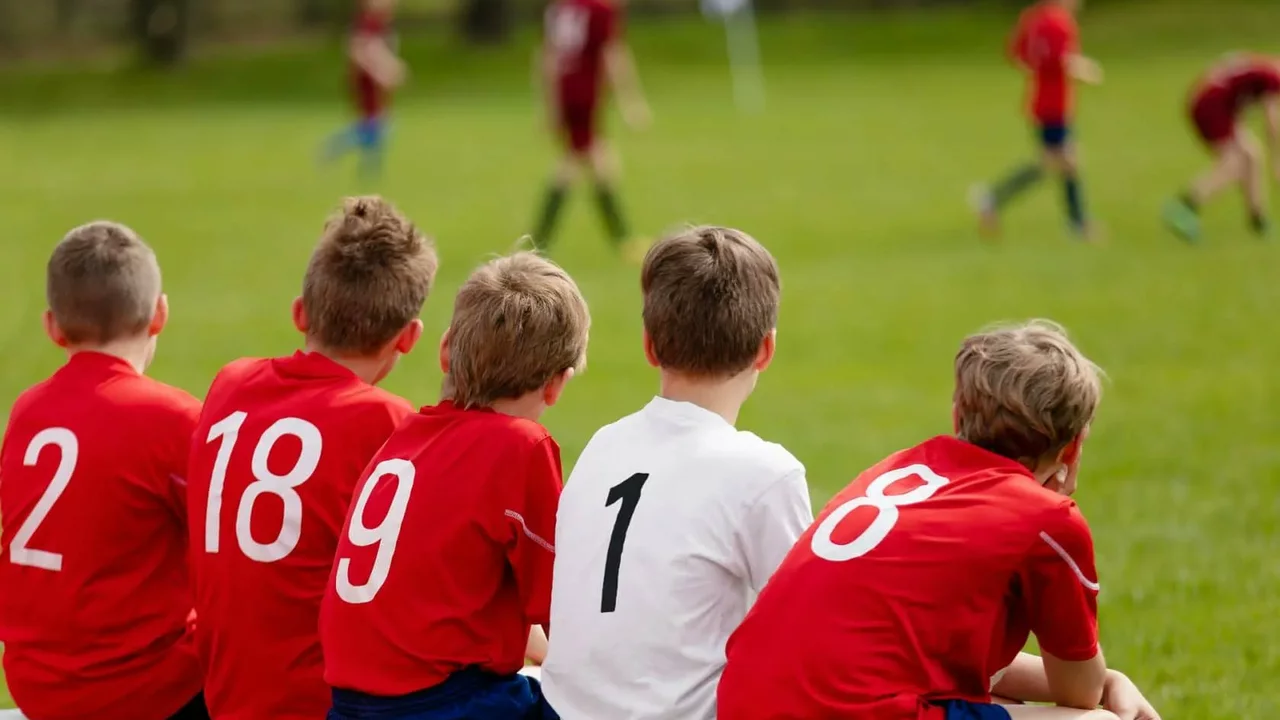 What is the best position to play in a football team and why?
What is the best position to play in a football team and why?
Ladies and gents, grab your cleats because we're diving into the heart of football debates! If you ask me, the best position to play is the goalkeeper. Why, you ask? Well, they're the team's last line of defense, the solitary hero between the opponent and victory. Plus, you get to wear those groovy gloves. I mean, who doesn't like being the one that stops the ball with a majestic leap and a dash of drama?
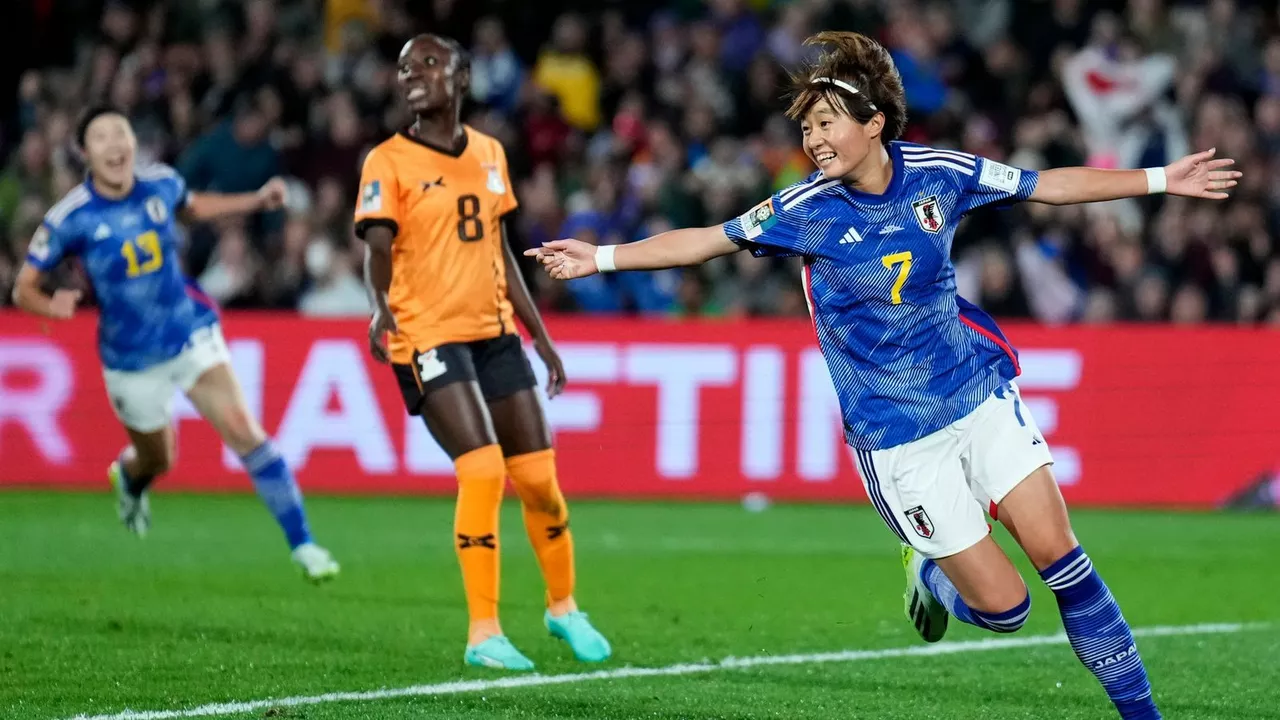 What happens when soccer game is 0-0?
What happens when soccer game is 0-0?
When a soccer game ends in a 0-0 score, it's known as a draw or a tie, meaning no team managed to score a goal. In regular league play, both teams are awarded one point each for a draw. However, in tournament situations, a tie often leads to extra time or even a penalty shootout to decide the winner. Personally, I find these matches just as exciting as high-scoring ones, as they often highlight excellent defensive strategies and goalkeeping skills.
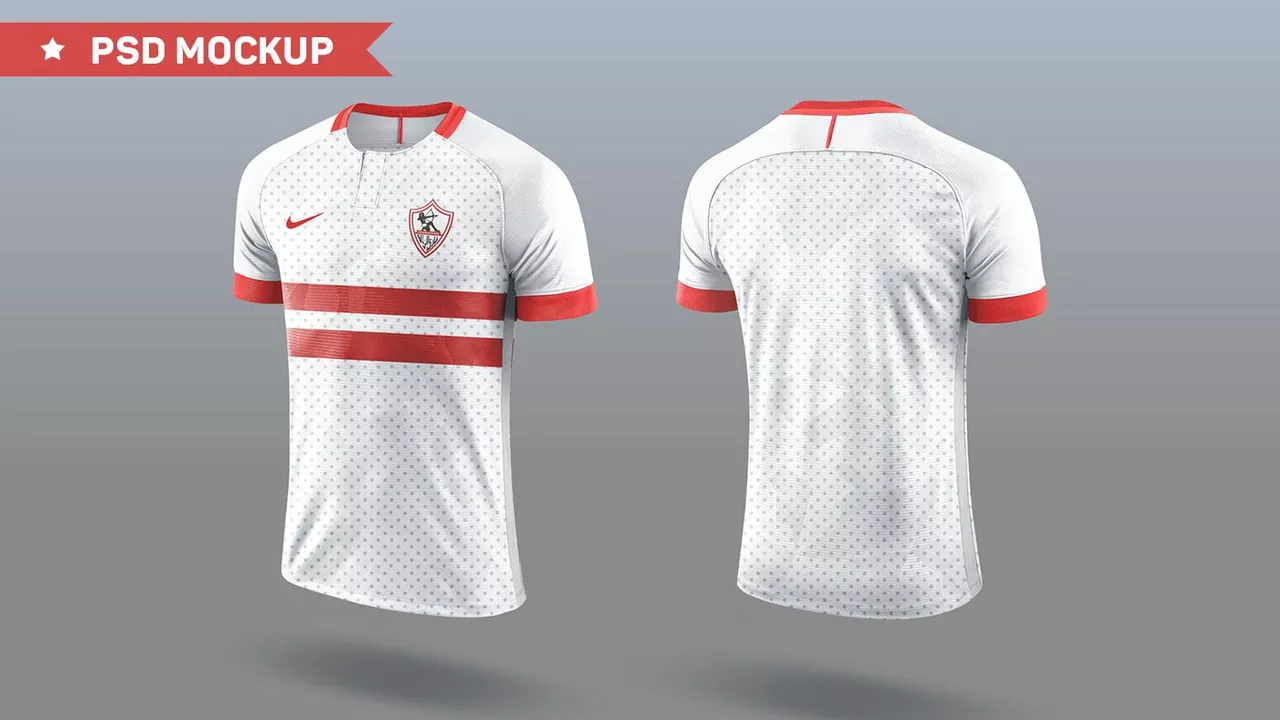 Why can't soccer players wear sleeveless jerseys?
Why can't soccer players wear sleeveless jerseys?
In my latest blog post, I explored why soccer players aren't allowed to wear sleeveless jerseys. It turns out, the main reason is due to the laws set by FIFA, the governing body for international soccer. These regulations aim to maintain uniformity and respect for the game. Additionally, sleeves are necessary for numbering and potential advertising spaces, which are crucial aspects of the sport. So, despite any potential comfort or style preferences, players must adhere to these rules for the greater good of the game.
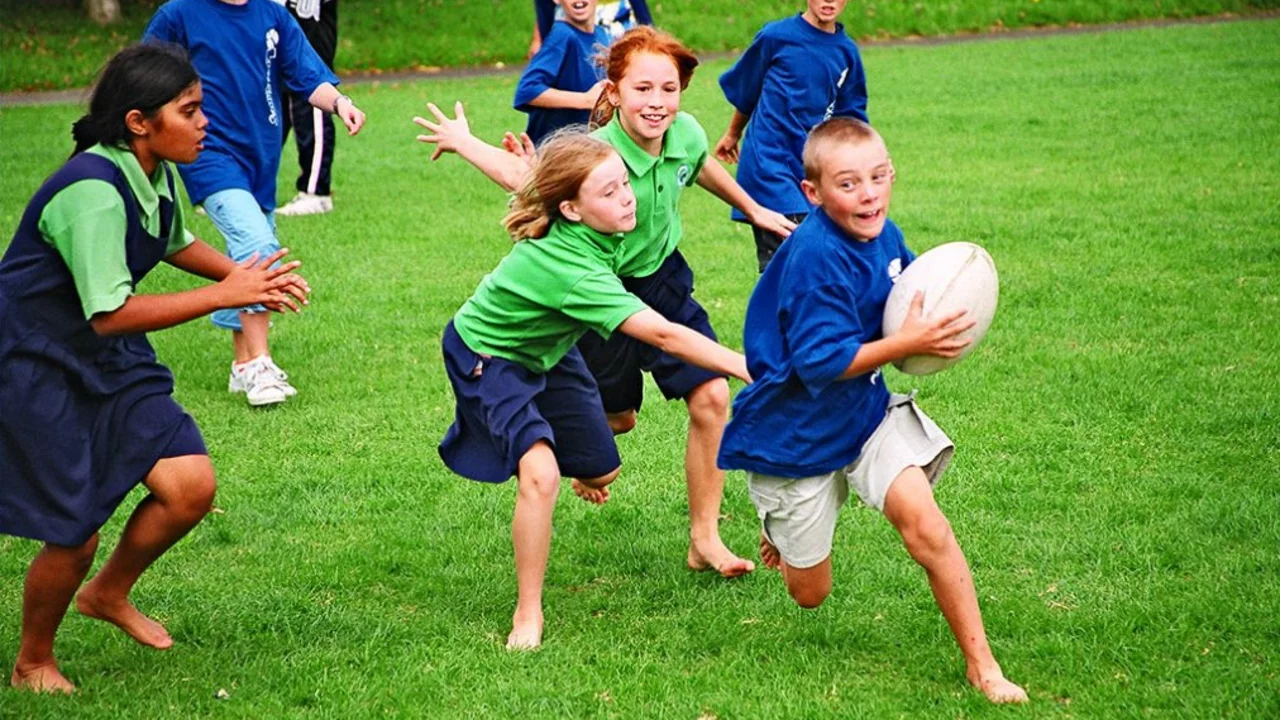 Which soccer position is mentally challenging?
Which soccer position is mentally challenging?
In the complex world of soccer, every position comes with its unique mental challenges. However, many argue that the goalkeeper position is the most mentally demanding. It requires intense focus, split-second decision-making, and the ability to handle immense pressure. The goalkeeper is the last line of defense, and a single mistake could cost the team the game. Therefore, this role demands not just physical prowess but also a strong and resilient mindset.
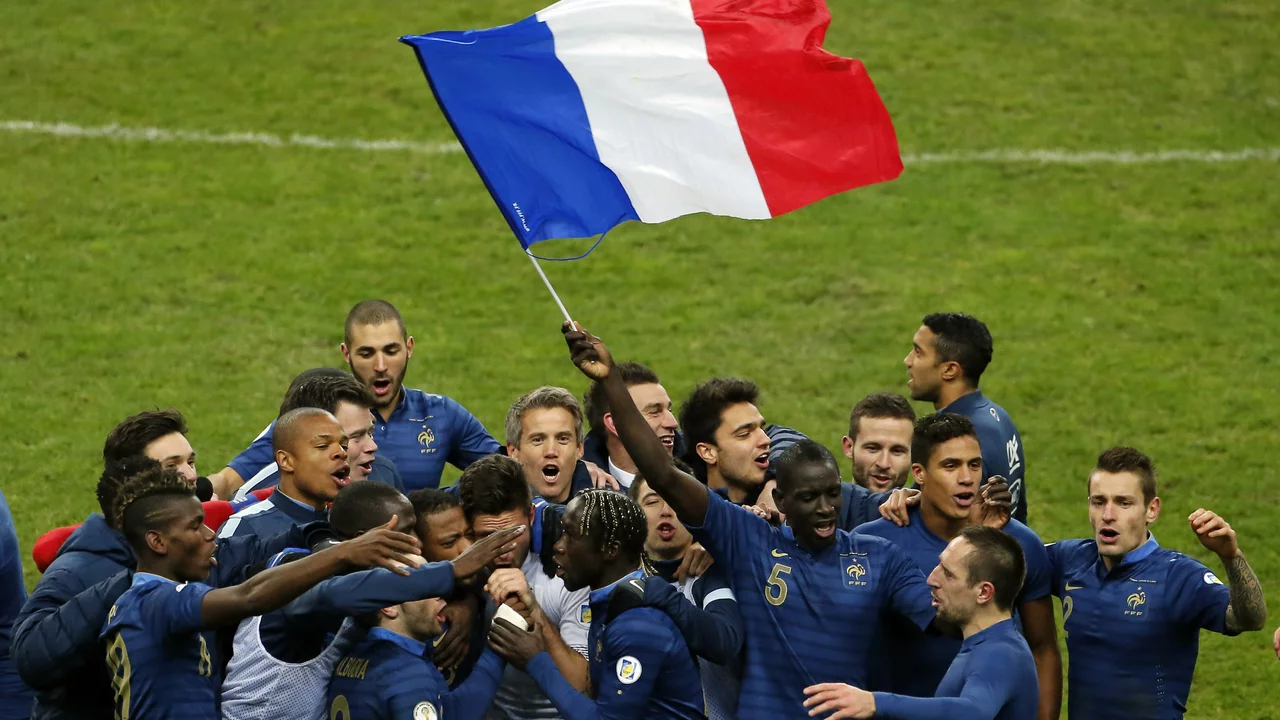 In France or Europe, is soccer called football?
In France or Europe, is soccer called football?
In Europe, including France, what we often refer to as 'soccer' in some parts of the world, is indeed called 'football'. This sport, adored by millions, is deeply ingrained in European culture. It's interesting to note the differences in terminology, which often lead to some confusion for international fans. So remember, if you're ever in France or anywhere else in Europe, and someone invites you to watch a 'football' match, they're talking about what Americans call 'soccer'. It's all about the location and the lingo!